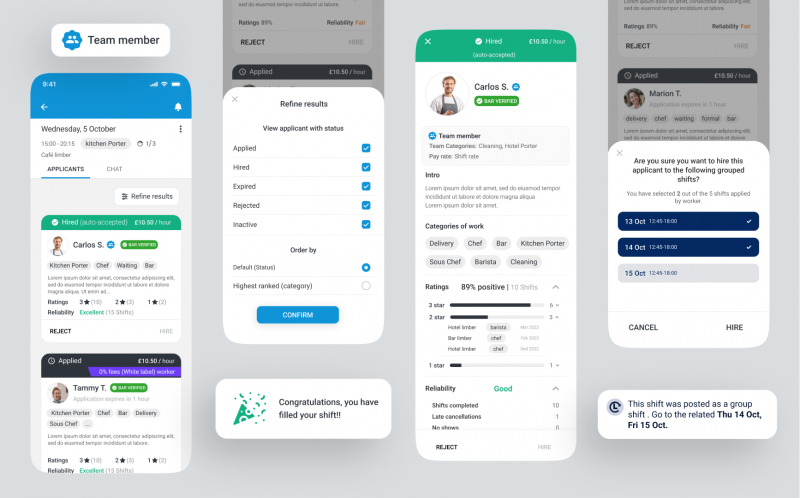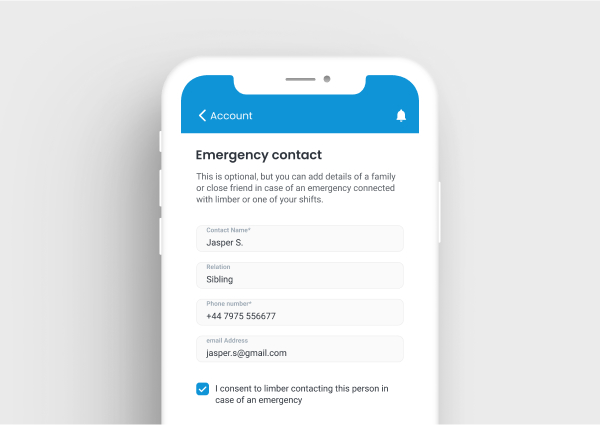VA is an increasingly popular trade amongst freelancers, but what does it actually take to become one? We asked an expert.
Over the past five years, the flexibility and efficiency of virtual assistants has prompted a considerable surge in demand for their services. As businesses’ continue to shift their workforces online and begin to favour a more remote management model, the VA has become an increasingly successful world to be a part of, creating ample opportunity for those keen to get out of the office and enjoy the freedom of remote working. While VA’s aren’t confined to your traditional role as an assistant, most tend to carry out administrative duties such as vetting emails, booking travel, arranging appointments, social account management, event support, personnel management, and data entry, but what does a career in VA really entail?
Co-founder of award-winning virtual assistant service, Virtalent, Sam Wilson, shared his insight into why remote work is currently more popular than ever:
“VA has countless benefits for businesses. Remote team members are more productive and more motivated, and it’s a leaner, less risky way to build a company. Business owners now realise that they can grow a company without ever needing to find an office.”
“Clients – who now increasingly work remotely – want a convenient, flexible way to access the talent they need to grow their companies. Hiring a VA gives them the help of a professional without risk or expense. Staff are also looking for more flexible careers that allow them to work remotely, around their other commitments.”
A great advantage to being a virtual assistant is that it’s one of the easiest professions to pursue from the comfort of your own home. For a beginner, it’s important to be able to define your skills and understand where you can add value. Some virtual assistants have a specific area of expertise while others prefer to take a more generalist approach, but traits like being efficient, organised, proactive and confident are all well suited to the VA profession.
Co-founder of Virtalent, Sam Wilson suggests that typically a VA has “built a portfolio career, mainly as a PA, EA, Office Manager or in a similar support capacity, they may have also worked as a Marketing Manager or something completely different.”
“We like to see this mix of experience – a VA will often work in a small business, which requires them to help with a wide range of tasks. A typical VA at Virtalent is a real professional and capable of far more than “just admin” as business owners might first think.”
The average rate for a Virtual Assistant in the UK is around £25 p/hr, but some will increase or decrease their rates depending on the type of work, and its frequency. Some virtual assistants also adjust their rates depending on the skills they’re using, and how adept they are in that area. For those who are just starting out, offering a small rate reduction can sometimes help to seal the deal, but it’s important to bear in mind that VA’s are a valuable resource, and business’ should, therefore, be willing to pay a decent rate in return for expert help.
For new virtual assistants, it’s often a good idea to communicate your tasks, show how you’re setting out your time, and report back to clients. Some clients will be more hands-on than others but it’s never a bad idea track and record what you’re doing. Each client will use different methods, apps, plugins and tech to run their businesses, so if you prefer to only use a specific one to communicate, be open about it from the start.
Determining the type of service you want to offer will make it far easier to market yourself and identify your focus. Once you know what you’re offering, you can decide on your pricing, and begin reaching out to potential clients.
Sam Wilson offers some key advice:
“Be clear about what you do and do not want to offer a client. It’s easy to fall into the trap of offering every task under the sun, but if you have no experience or interest in something, it isn’t sustainable.”
“It’s also important to set boundaries. It’s easy to work endless hours when working from home, but it’s important to keep a healthy work-life balance if working as a VA is something you want to pursue long-term”.
Once you’ve secured some regular work, try to be open to sharing information and clients with other VA’s like you, you never know when you might need someone to reach out to. Networkings not just about sourcing clients, it’s also about building relationships within a community. Every VA will have a different area of expertise, so there’s no need for concern around the potential of competition. Networking with fellow virtual assistants can actually be super beneficial and offers the chance for you to exchange resources, learn new skills and recommend clients to each other.
Would you consider becoming a virtual assistant? Perhaps you already are and want to share your wisdom. Leave a comment or tweet us @limberapp




